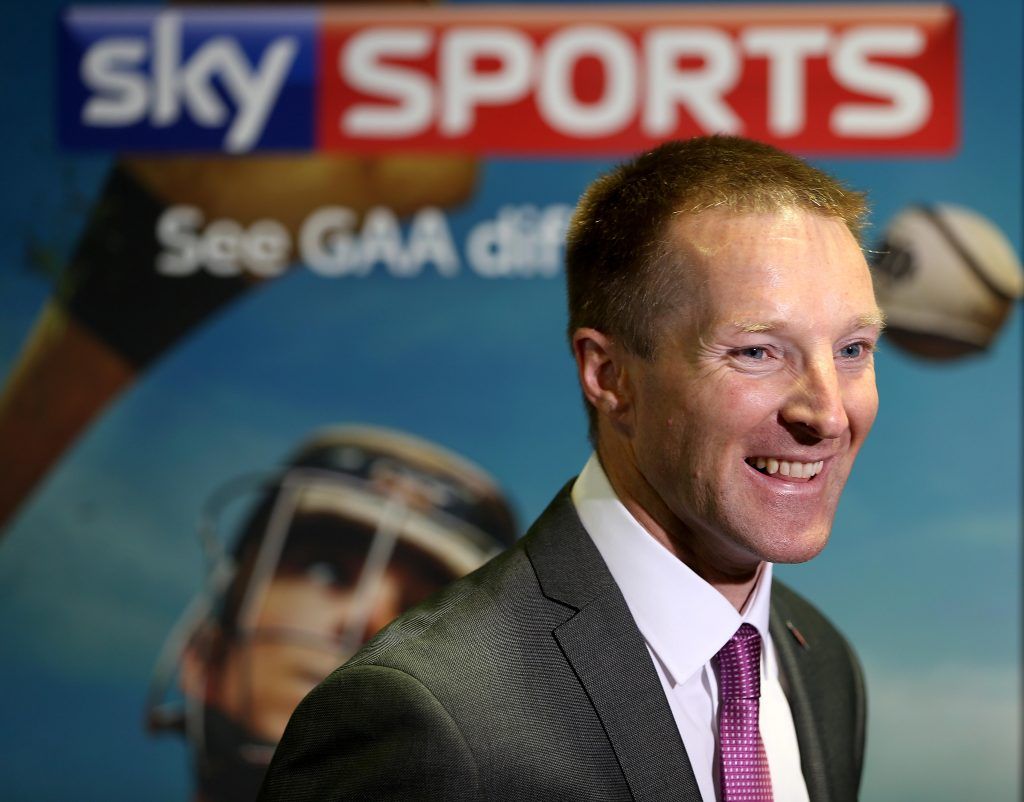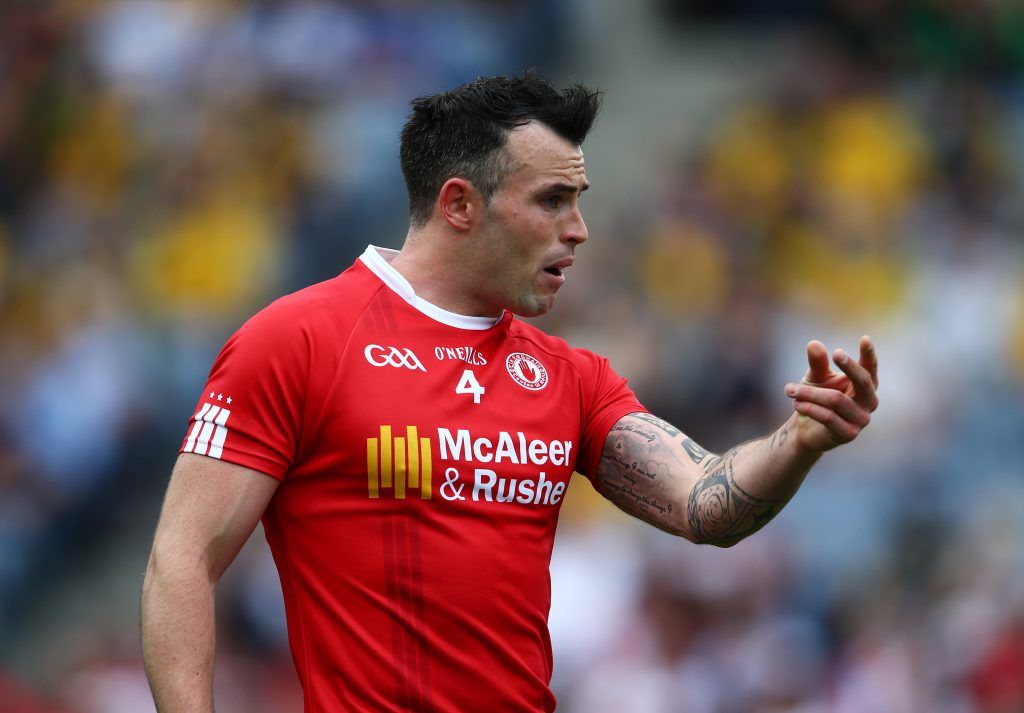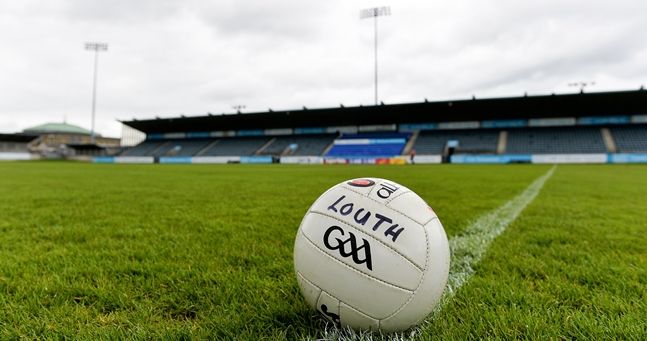The GAA are used to making high stakes bets.
There was the special Dublin committee headed by former GAA President Seán McCague and former chairman of the Dublin GAA County Board John Bailey that allocated the necessary resources to help transform Dublin into the juggernaut they we see today.
There was the GAA’s decision in 2014 to offer exclusive championship coverage to Sky Sports, a subscription based channel, taking a selection of matches away from free-to-air television.
Last year, there was the Association’s decision to introduce the Super 8’s into the All-Ireland Senior Football championship and also to bring in a round robin group stage into the All-Ireland Senior Hurling championship.
The GAA bet big , and in all likelihood, they will continue to bet big in search of even bigger wins, but for their players, the lifeblood of their games, they have moved to discourage betting after GAA Congress voted by a 93-7 per cent majority to ban “sponsorship by a betting company of any competition, team, playing gear or facility”.
None of the GAA’s county teams are currently sponsored by bookmakers but some clubs and county boards have local arrangements with betting companies, which, they will will be allowed to continue until existing contracts run out, per the Irish Independent’s Martin Breheny.
Interestingly, but somewhat unsurprisingly, Alan Kerins, who spoke on behalf of the Gaelic Players’ Association at Congress, revealed that of the 77 players who presented to the GPA for counselling last year, over 50 per cent related to gambling.
The startling figures are supported by so many horror stories of gambling ruining the lives of GAA players with the tale of Tyrone’s Cathal McCarron’s ranking up there among the very worst.
Writing in his autobiography ‘Out of Control: How My Addiction Almost Killed Me and My Road to Redemption‘, McCarron revealed a time in his life where he took part in a gay sex video in London to feed his addiction.
“The company was based in a fancy office block in north London and looked like a legit model agency,” wrote McCarron. “It didn’t take me long to discover it was something more.”
“They were a porn company. They enquired if I’d be interested in some work.
“The money was an obvious appeal, but the risk was still too great. They sold it to me on the basis that they only dealt with US hotels, where the porn was exclusive to the hotels’ pay-per-view channels.
“Anyone in their right mind knows that uploaded material can appear anywhere, but I wasn’t in my right mind. I accepted the offer of some work.”
McCarron gambled away the money he received for his part in the production in just two days.
McCarron’s story is harrowing, and while it is brilliantly told by Christy O’Connor in his book, it represents the most extreme example of gambling addiction.
But then there’s Arravale Rovers and former county minor footballer Brian Glasheen who robbed from his previous employers to feed his gambling habit where he acquired €97,000 worth of credit cards over a five-year spell.
There’s former All-Ireland minor hurling winner Timmy Dalton who went into banks telling them that he needed the money for a holiday or to finance a car when it was all money for gambling.
There’s Tadhg Lonergan, a qualified referee of Tipperary club Kilsheelan-Kilcash, who was putting on bets in the hundreds of euro as early as 13 at Tramore and Leopardstown racecourses, and who later revealed in a series of brilliant interviews with Tipperary Mid-West Radio’s Stevie O’Donnell, that he had suicidal thoughts and had written a letter to his nearest and dearest in fear of the worst.
And, of course, there’s former Armagh All-Ireland winner Oisin McConville, who was gambling every day by the age of 18, and at his worse, owed a staggering £100,000 to a variety of debtors.
Gambling addiction affects everyone from the local referee, to the minor county player, to some of the very best players to have played Gaelic Games.
It is a societal problem as much as it is a GAA problem, and while the two are invariably interlinked, banning the sponsorship of betting companies in GAA circles will help promote the disassociation between sporting triumph and ‘having a punt’.
The GAA has been inundated with horror story after horror story of the pitfalls of gambling within its own ranks.
2018 seems like a little late for the introduction of such a sponsorship ban, but in a reactive organisation like the GAA, late is certainly better than never.
Of course, any GAA player that occasionally likes to watch the Premier League, or almost any other sport for that matter, will at almost every ad break have Ray Winstone’s cockney accent floating around somewhere in the back of their mind telling them that they can bet anywhere in the world, but at least when they go to their local club, in their own backgarden, they won’t be subjected to gambling’s influence at the one place that even some of the most addicted of gamblers can find a temporary release.
If your gambling is causing issues in your life, you can take steps to change this.
GambleAware maintains the live operation of the National Gambling Helpline for the Republic of Ireland. Fulfilment is being done by Ireland’s leading national provider of addiction counselling and related support services, Cuan Mhuire. For further information on the magnificent work of Cuan Mhuire, visit http://www.cuanmhuire.ie/.
National Gambling Helpline – 1800 753 753
While the hours for the helpline at the moment are limited to 9am to 5:30pm Monday to Friday, GambleAware hopes to extend these hours as well as provide online internet support also via live chat over extended hours.





















































